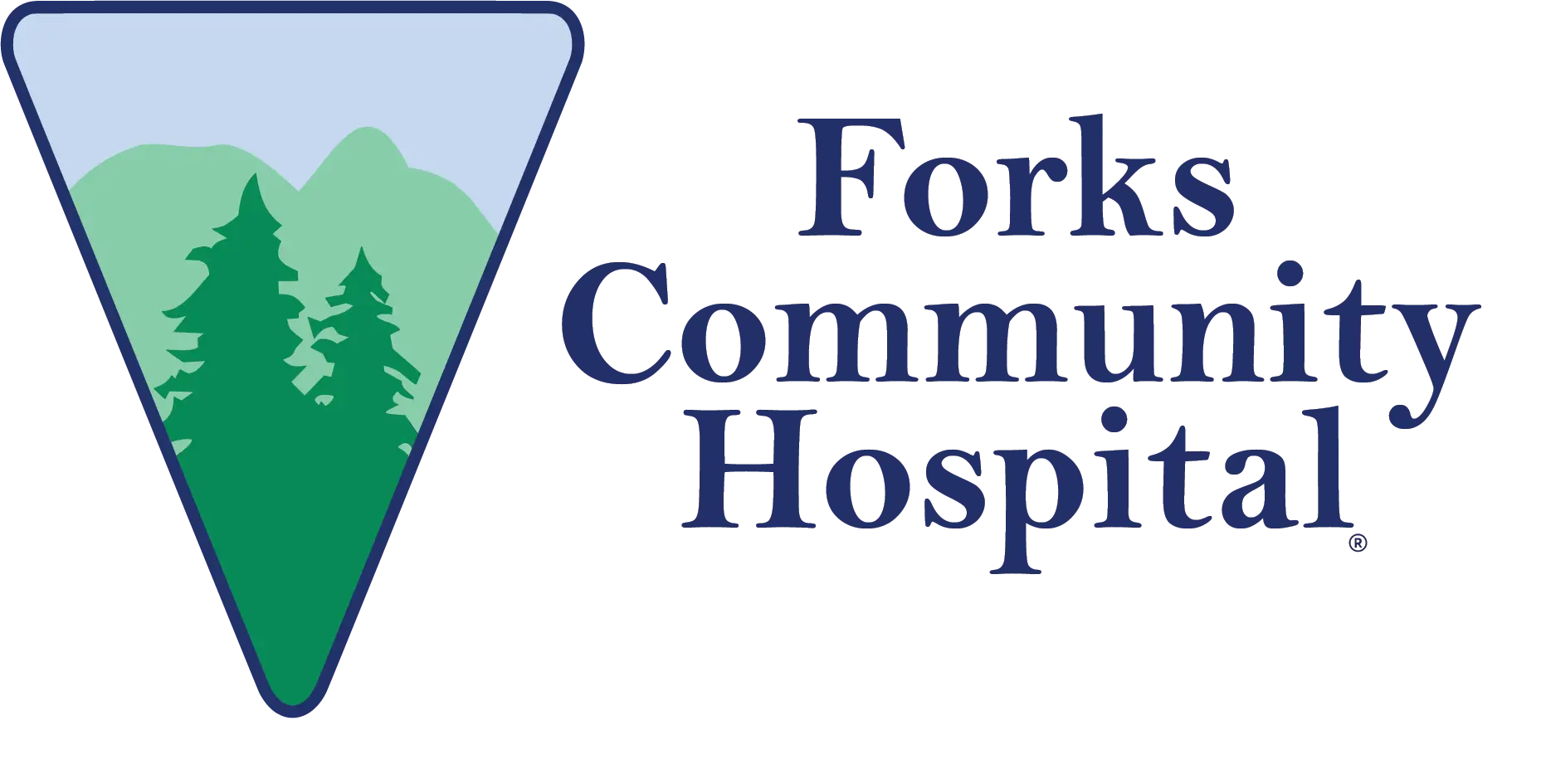Because you can receive high-quality diagnostic imaging services in Forks, there is no need to travel a long distance to get a clear picture of your health!
FCH provides a wide range of services from general X-ray, Fluoroscopy, Computed Tomography (CT), Ultrasound, Echocardiography, 3D Mammography, Bone Density (DXA), Mobile MRI, and Mobile Nuclear Medicine.
We offer flexible scheduling for same-day, next-day, and evening appointments and provide 24/7 availability for interpretations remotely to ensure seamless patient care. On Wednesdays, our Radiologist is on-site, providing opportunities for patients with questions to spend time with the doctor reading and interpreting their exams face-to-face.



